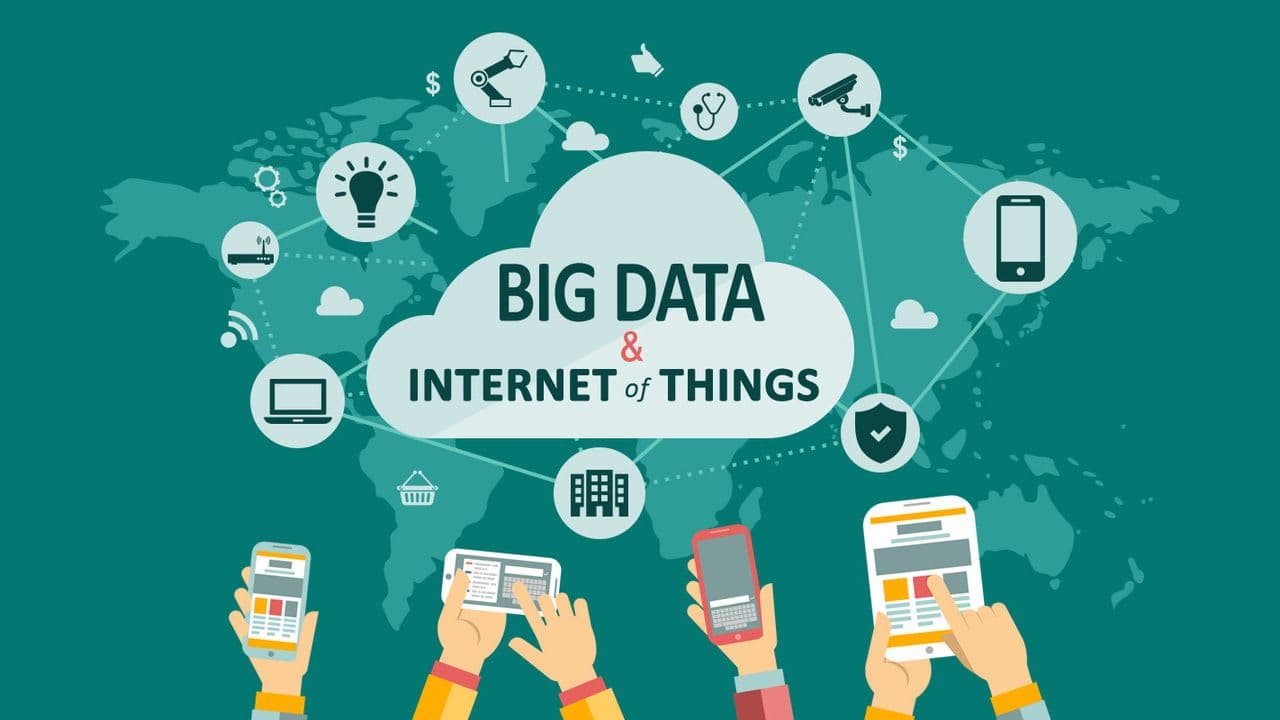How is IoT Related to Big Data Analytics?
Big Data Quotes: Is a Bigger NSA Better?
“The effectiveness of data-mining is proportional to the size of the sample, so the NSA must sweep broadly to learn what is normal and refine the deviations”–Wall Street Journal editorial
“Now go out and gather some data, and see what it can do”–Alon Halevy, Peter Norvig, and Fernando Pereira, in “The Unreasonable Effectiveness of Data” (PDF)
“The promoters of big data would like us to believe that behind the lines of code and vast databases lie objective and universal insights into patterns of human behavior, be it consumer spending, criminal or terrorist acts, healthy habits, or employee productivity. But many big-data evangelists avoid taking a hard look at the weaknesses. Numbers can’t speak for themselves, and data sets — no matter their scale — are still objects of human design. The tools of big-data science, such as the Apache Hadoop software framework, do not immunize us from skews, gaps, and faulty assumptions. Those factors are particularly significant when big data tries to reflect the social world we live in, yet we can often be fooled into thinking that the results are somehow more objective than human opinions. Biases and blind spots exist in big data as much as they do in individual perceptions and experiences. Yet there is a problematic belief that bigger data is always better data and that correlation is as good as causation”–Kate Crawford, Foreign Policy
“In business and economic decision-making, data causes severe side effects—data is now plentiful thanks to connectivity; and the share of spuriousness in the data increases as one gets more immersed into it. A not well discussed property of data: it is toxic in large quantities—even in moderate quantities…. the best way… to mitigate interventionism is to ration the supply of information, as naturalistically as possible. This is hard to accept in the age of the internet. It has been very hard for me to explain that the more data you get, the less you know what’s going on, and the more iatrogenics you will cause”–Nassim Taleb, Antifragile
